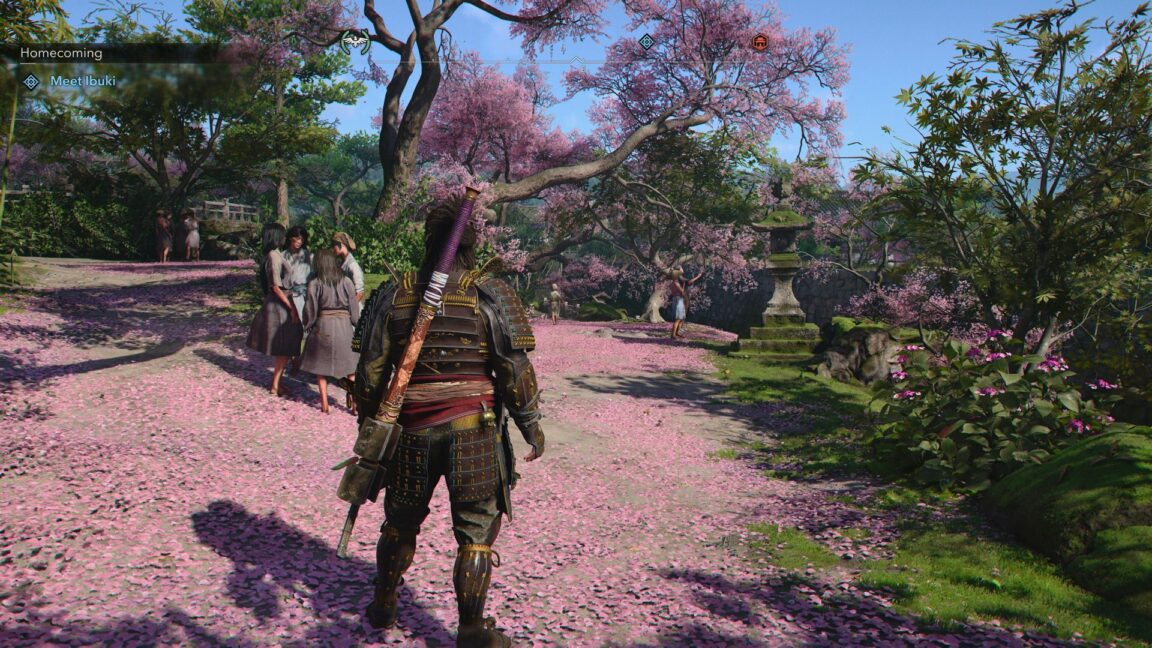Assassin’s Creed titles are cozy games for me. There’s no more relaxing place to go after a difficult day: historical outdoor museum tours, plus dopamine dispensers, plus slow-paced assassination simulators. The developers of Assassin’s Creed: Shadows seem to understand this need to escape better than ever before.
I’m “only” 40 hours into Shadows (I reckon I’m only about 30 percent through the game), but I already consider it one of the best entries in the franchise’s long history.
I’ve appreciated some past titles’ willingness to experiment and get jazzy with it, but Shadows takes a different tack. It has cherry-picked the best elements from the past decade or so of the franchise and refined them.
So, although the wheel hasn’t been reinvented here, it offers a smoother ride than fans have ever gotten from the series.
That’s a relief, and for once, I have some praise to offer Ubisoft. It has done an excellent job understanding its audience and proven that when in doubt, AAA publishers should feel more comfortable with the idea of delaying a game to focus on quality.
Choosing wisely
Shadows is the latest entry in the 18-year series, and it was developed primarily by a Ubisoft superteam, combining the talents of two flagship studios: Ubisoft Montreal (Assassin’s Creed IV: Black Flag, Assassin’s Creed Origins, Assassin’s Creed Valhalla) and Ubisoft Quebec (Assassin’s Creed Syndicate, Assassin’s Creed Odyssey, Immortals Fenyx Rising).
After a mediocre entry in 2023’s Assassin’s Creed Mirage—which began as Valhalla DLC and was developed by B-team Ubisoft Bordeaux—Shadows is an all-in, massive budget monstrosity led by the very Aist of teams.
The game comes after a trilogy of games that many fans call the ancient trilogy (Origins, Odyssey, and Valhalla—with Mirage tightly connected), which was pretty divisive.
Peaking with Odyssey, the ancient trilogy departed from classic Assassin’s Creed gameplay in significant ways. For the most part, cornerstones like social stealth, modern-day framing, and primarily urban environments were abandoned in favor of what could be reasonably described as “The Witcher 3 lite”—vast, open-world RPG gameplay with detailed character customization and gear systems, branching dialogue options, and lots of time spent wandering the wilderness instead of cities.

